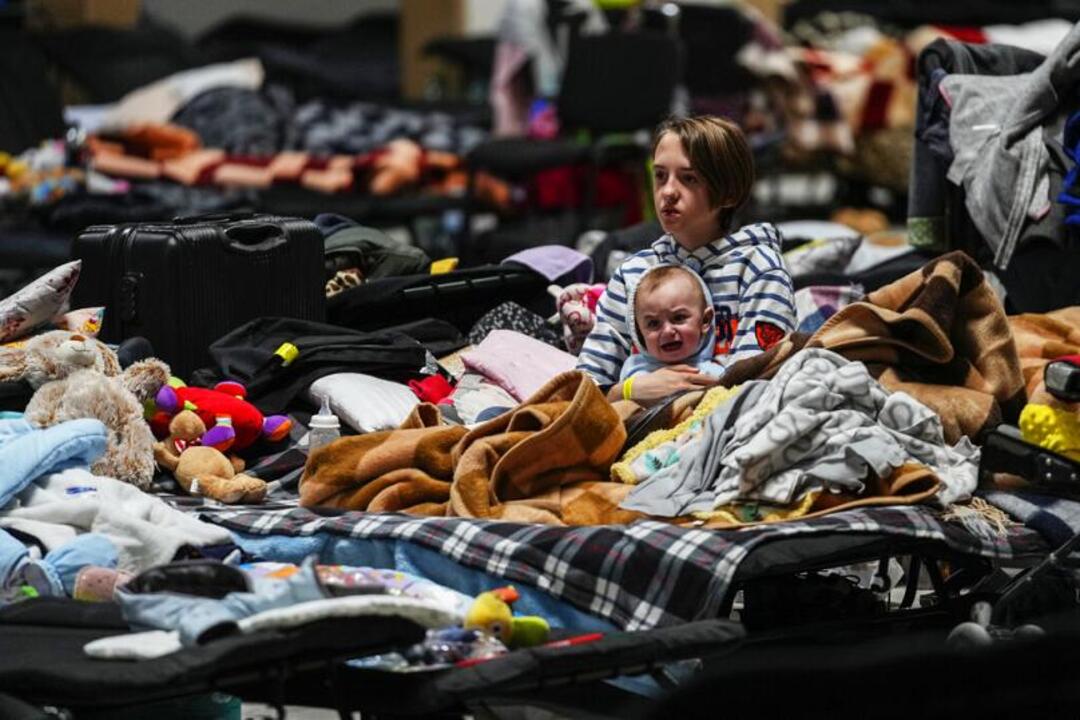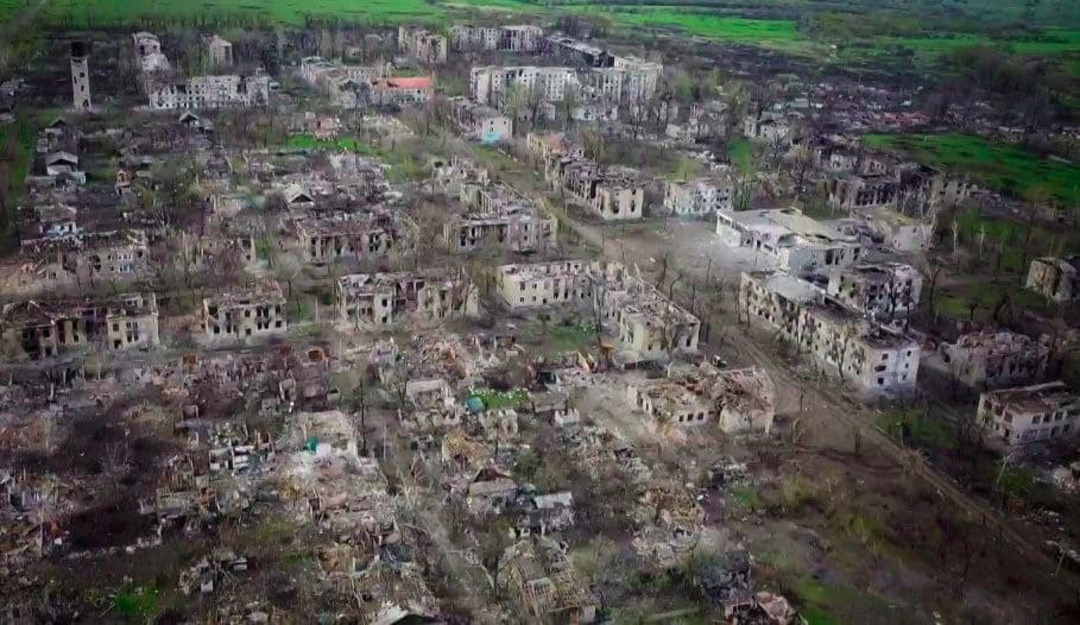-
UN: More than 8 million internally displaced in Ukraine

The Khaleej Times reported, citing the AFP, the United Nations said on Tuesday (May 10) that more than eight million people are estimated to have been displaced within Ukraine by Russia’s war, having fled their homes but stayed inside the country.
This is in addition to the more than 5.9 million Ukrainians who have left Ukraine entirely since Russian attack on February 24.
The figure for the number of internally displaced persons (IDPs) as of May 3, issued by the UN’s International Organization for Migration, is up from the estimate of 7.7 million the IOM gave as of April 17.
IOM director-general Antonio Vitorino said: “The needs of those internally displaced and all affected by the war in Ukraine are growing by the hour."

“Access to populations in need of aid remains a challenge amid active hostilities, but our teams are committed to continue delivering urgent assistance inside Ukraine and in neighbouring countries.”
The IOM conducted its latest survey between April 29 and May 3. Sixty-three per cent of current IDPs are estimated to be women. Almost half of the IDPs — more than 3.9 million people — have fled their homes in the eastern region of Ukraine, where Russia is now concentrating its assault. A further 1.65 million from the Kyiv region have fled their homes, and 1.3 million from the north have been displaced.
Jill Biden meets Ukraine refugees and volunteers in Slovakia
The survey found that 36 per cent of IDPs — 2.9 million people — are now in the relatively safer west of Ukraine.
But while a large number of those who fled their homes in east Ukraine are now in the west of the country, a significant number have remained in the eastern region.
Three-quarters of IDPs said they felt somewhat or completely safe in their current location.
The IOM study found that financial support was the overwhelming need among IDPs — chiefly to cover food and medical costs — with shelter another pressing need.
UNICEF: Thousands of traumatized children in Ukraine need help
The IOM said: “Nine per cent of all people surveyed in the latest report, including those not internally displaced, indicated that their homes were damaged or destroyed. Among the internally displaced alone, this figure rose to 27 percent. Every one out of 10 people surveyed said that they would need materials to fix damaged homes.”
The survey found that more than 1.2 million people were actively considering leaving their homes due to the war. It also estimated that 2.72 million people had returned to their homes following at least two weeks of displacement, including former IDPs and people who left the country.
Britain says Russia continues to hit non-military targets in Ukraine
The IOM cautioned, however, “return dynamics remain unsteady and a share of returns reported may not be permanent."
The survey shed light on the numbers of people currently separated from close family due to the war — 41 per cent, while among IDPs the figure was 64 per cent.
The survey found that 22 per cent of displaced households had children aged one to four, 55 per cent included elderly members and 31 per cent had people with chronic illnesses.
Volodymyr Zelensky: Russia has ‘forgotten’ all that mattered to WWII victors
The rapid representative assessment was conducted through interviews with 2,000 anonymous respondents aged over 18 who were contacted at random by telephone.
The survey is used by the IOM to gather insights into internal displacement and mobility and to assess the humanitarian needs in Ukraine.
Source: khaleejtimes
You May Also Like
Popular Posts
Caricature
opinion
Report
ads
Newsletter
Subscribe to our mailing list to get the new updates!






















